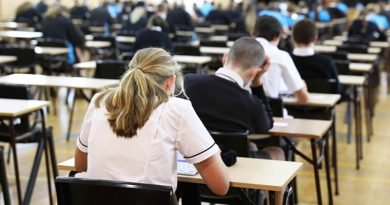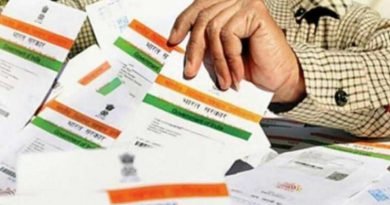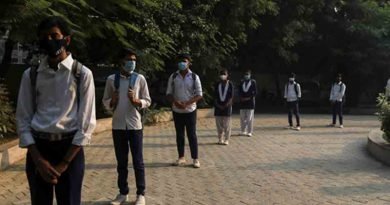Pandemic signals change in school exam pattern
KOLKATA: One of the longer-lasting effects of the global pandemic may be how Kolkata’s schoolchildren study texts and answer questions, and it may not be all that bad for them, say educationists.

Most schools that have set question papers for higher classes have kept in mind that online, from-home examinations may — for all practical purposes — end up as open-book tests. So, the pattern of questions has changed from text- to application-based, going beyond the only-MCQ format and making it essential for students to write long-form answers and essential for them to study texts more thoroughly, say teachers and experts.
Teachers and principals TOI spoke to said while the first two school assessments have been MCQ-based, in the just-concluded half-yearly examinations in most schools, the questions for the unproctored, sit-from-home online tests were framed in a manner that students could not find answers easily in books or even online. They were forced to apply themselves by either going through the text thoroughly or by using their analytical and cognitive skills to come up with a comprehensive answer.
For example, Irene Lamba, a geography teacher in a CBSE school in south Kolkata, asked Class VI students in their half-yearly exams in September to pick a state not located in the northeast of the country from four options. “To answer this question, the students must know the states in the northeast. Even if they had a book open in front of them, they would have had to thoroughly go through the text first. In closed-book examinations, students commit the text to memory and then copy it in the answer script from memory. But we tweaked the questions, compelling students to think differently,” said Lamba.
An essay in the half-yearly English examination for Class X was only a bar graph on reading habits, social media and watching OTT content. A civics paper of Class IX only had a picture of a child outside a restaurant, with the students asked to comment whether the child was being discriminated against and how.
The answers were based on how students perceived the photograph. Some argued the discrimination was due to the child’s skin tone, some said his parents were poor, while others argued he was not appropriately dressed. “Our marking was based on the logical reasoning on why children felt he was being discriminated against. There were no right or wrong answers,” said teacher Jonaki Mukherjee, an expert on child and adolescent counselling. Mukherjee feels cognitive learning is critical but a child must also be taught to think, introspect, reason and deduce.
“At South Point, students have been asked to do analytical projects which, besides being multi-disciplinary, are research-based,” said Rupa Sanyal Bhattacharjee, principal, South Point High School. “They have also appeared for oral tests, where their understanding of the topics taught were tested, rather than facts and formulae. Timed quizzes were set to test the students’ analytical skills. At the same time, in order to keep them in practice with board requirements, parent-proctored tests were administered.”
Indira Roy Mandal, a child psychologist associated with a school, said: “Unless the children are nudged to think on their own, they will not be able to logically reason or explain. While MCQ is the standard format in all post-school entrance examinations and hence very important, school syllabus for children must go beyond that.”
Schools have been shut due to strict social distancing rules in place due to the pandemic.
As a result, students are taking classes at home, where there is a possibility of all exams turning into open-book exams.
Many principals from schools affiliated to ICSE have instructed teachers to at least set 50% of the total questions in an exam in a manner that will test a student’s analytical and decision-making skills, along with cognitive expertise. “As teachers, our aim is to test a student’s ability in solving problems by understanding what is to be done, where to look for the resources to solve it, and how to use them. In fact, that is what education is all about — to enable students to face real-life problems with whatever resources they have at their disposal,” said Nabarun De, secretary of the association of ICSE Schools in West Bengal, and principal of Central Modern School, Baranagar.
An ICSE school in south Kolkata had a 10-mark “true and false” section on the pandemic for students of middle school taking their half-yearly GK exam. “A lot of misinformation about the pandemic was doing the rounds on social media. It was very relevant. We asked students whether the virus spread through pets, and whether it was fine to visit friends during the pandemic. When we received answer scripts, we were pleased to see students were aware of the safety guidelines,” said the teacher who corrected the scripts.
Pandemic signals change in school exam pattern

349,053 total views



